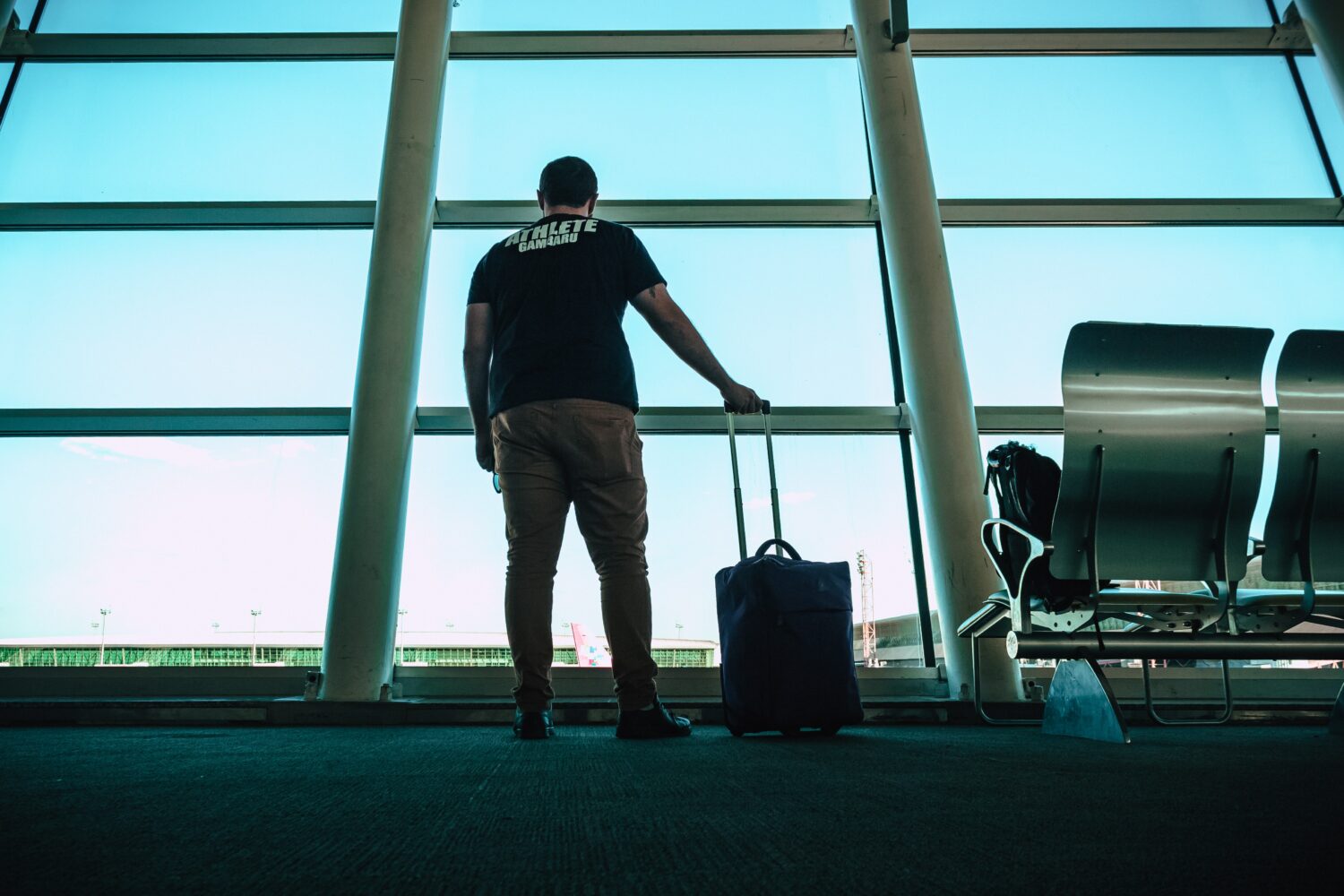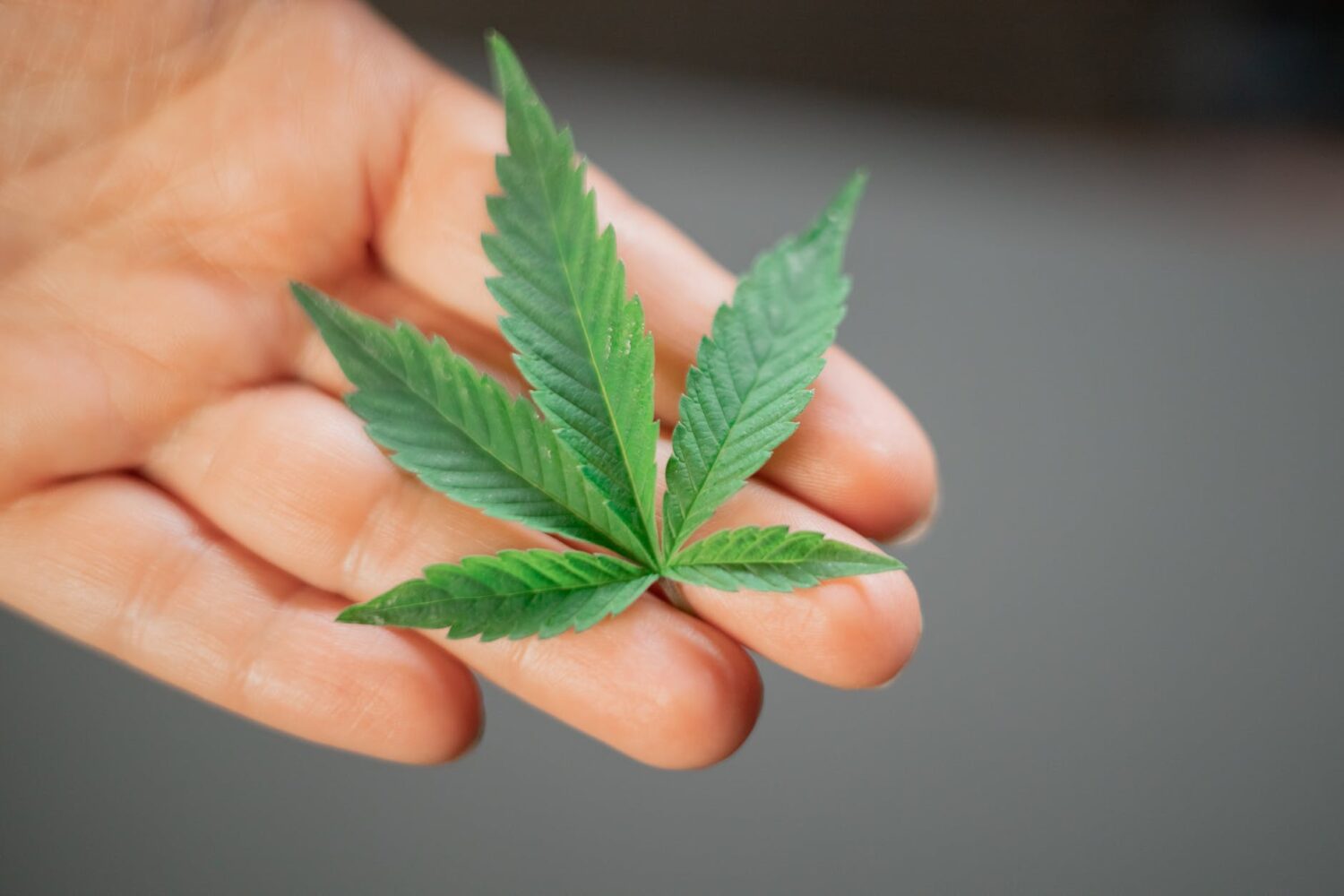
Travelers are Subject to DNA Collection by U.S. Customs and Border Protection
U.S. Customs and Border Protection (CPB) is statutorily mandated to collect DNA from certain individuals in CBP custody and began doing so in January 2020.
Which travelers are included in CBP’s DNA collection?
– U.S. citizens and U.S. Lawful Permanent Residents,14 to 79 years old, who are arrested, facing criminal charges or convicted under Federal law, including:
- Arrested on an outstanding National Crime Information Center (NCIC) Federal warrant;
- Arrested at point of entry as part of a drug or alien smuggling event;
– Foreign nationals,14 to 79 years old, who are detained under the authority of the United States.
Can a traveler refuse to provide a DNA sample?
Yes, however failure to do so is a Class A misdemeanor and the individual may be sentenced in accordance with Title 18 of the United States Code.
What does CBP use the collected DNA samples for?
CBP does not use the DNA samples for any purpose beyond submission to the FBI in accordance with 34 U.S.C. § 40702(a)(1)(A). All paperwork and DNA samples are provided directly to the FBI. The DNA samples are not used, stored, or maintained by CBP.
What does the FBI do with the DNA samples?
The DNA samples are processed and stored in the FBI’s Combined DNA Index System (CODIS) and the National DNA Index Systems (NDIS). NDIS contains DNA profiles contributed by federal and state agencies and participating forensic laboratories.
Although CBP will not use the collected DNA samples for any purpose beyond submission to the FBI, their ability to perform such collection undoubtedly brings into question privacy rights for both U.S citizens and non-citizens alike, and the troubling harms that may result from such activity.
If you have any questions about CBP’s DNA collection, or any other immigration matter, contact our attorneys at the Law Offices of Azita M. Mojarad, P.C. Our experienced immigration attorneys can address your concerns and advise you of the proper course of action.



